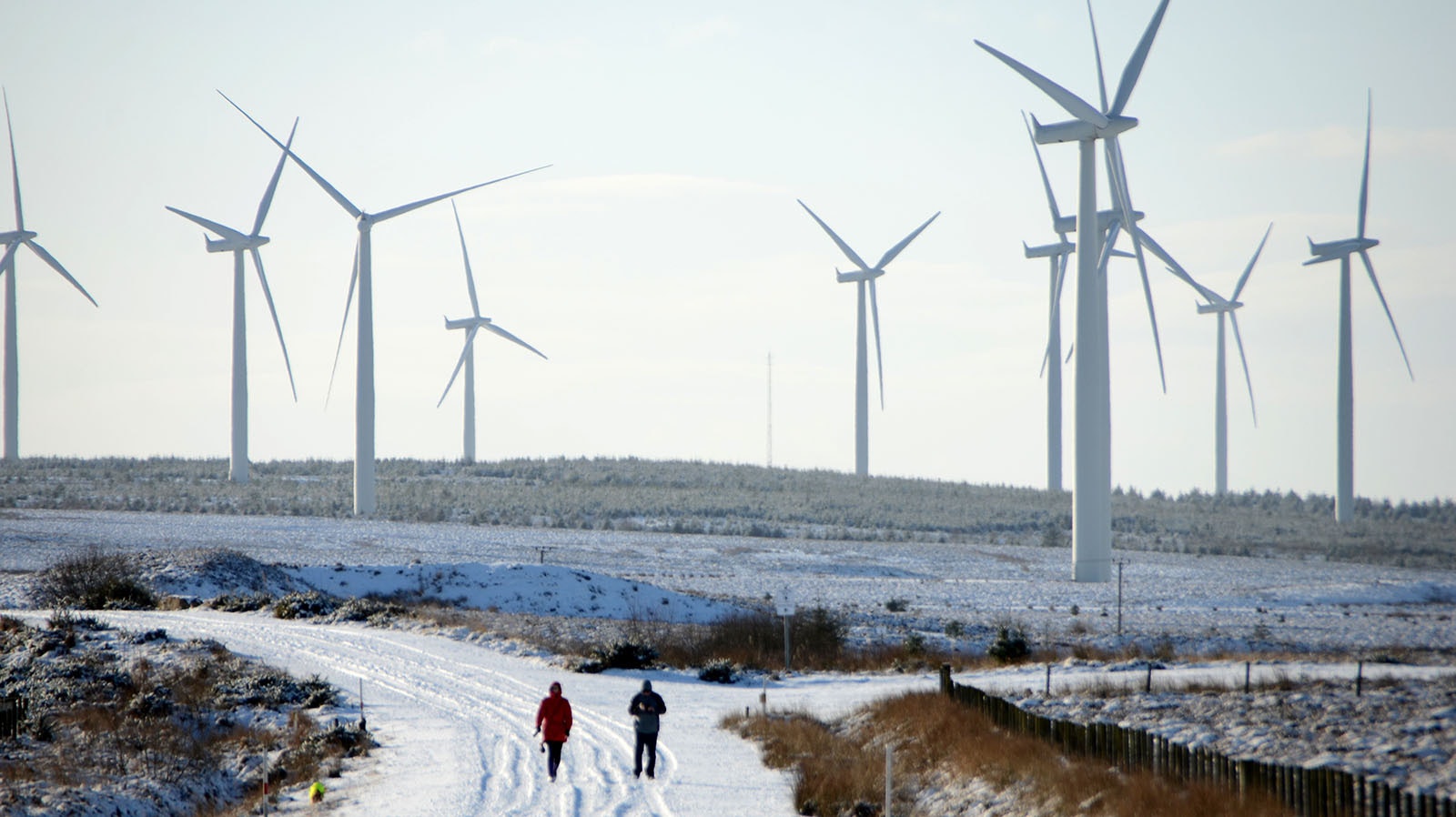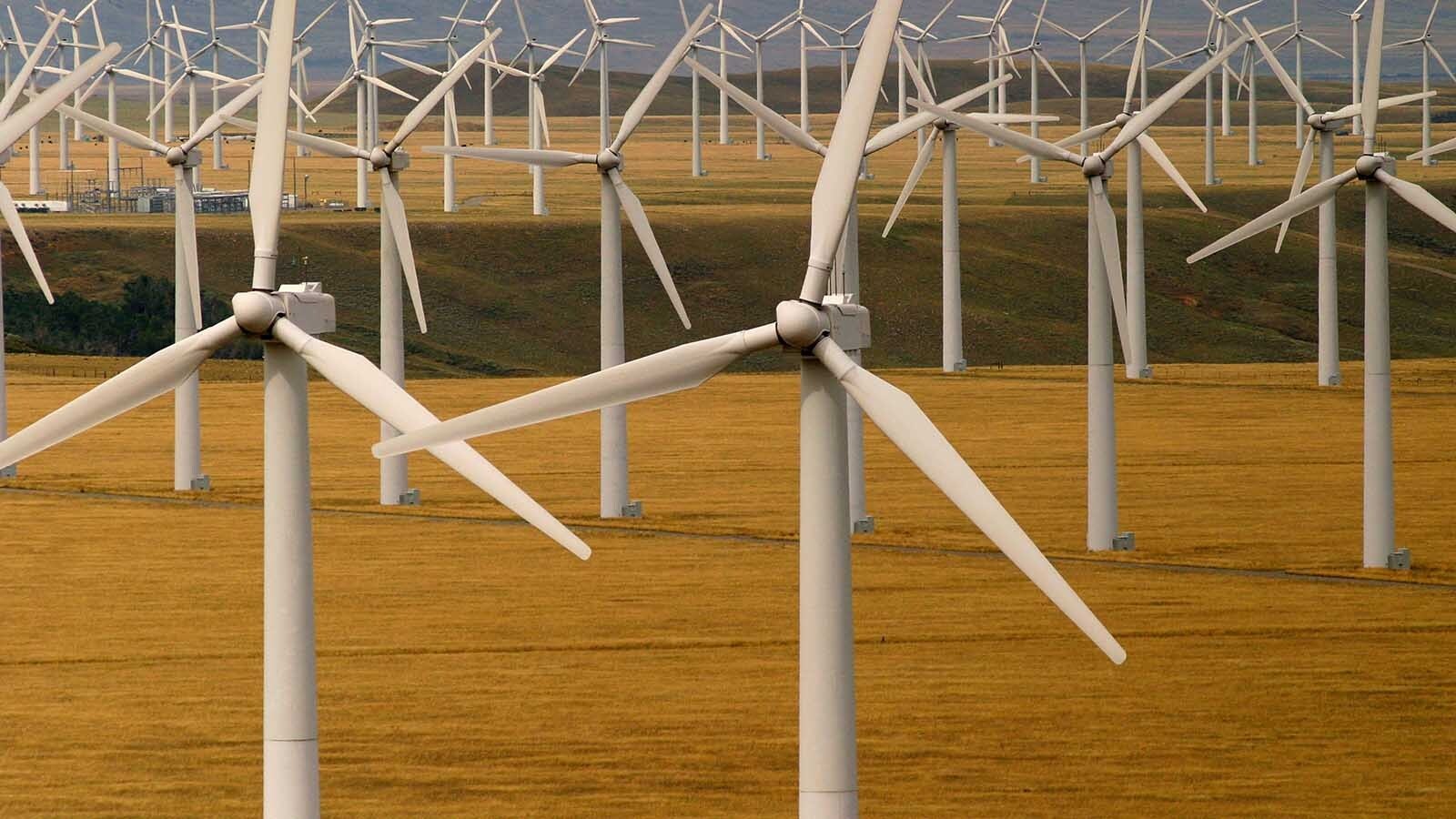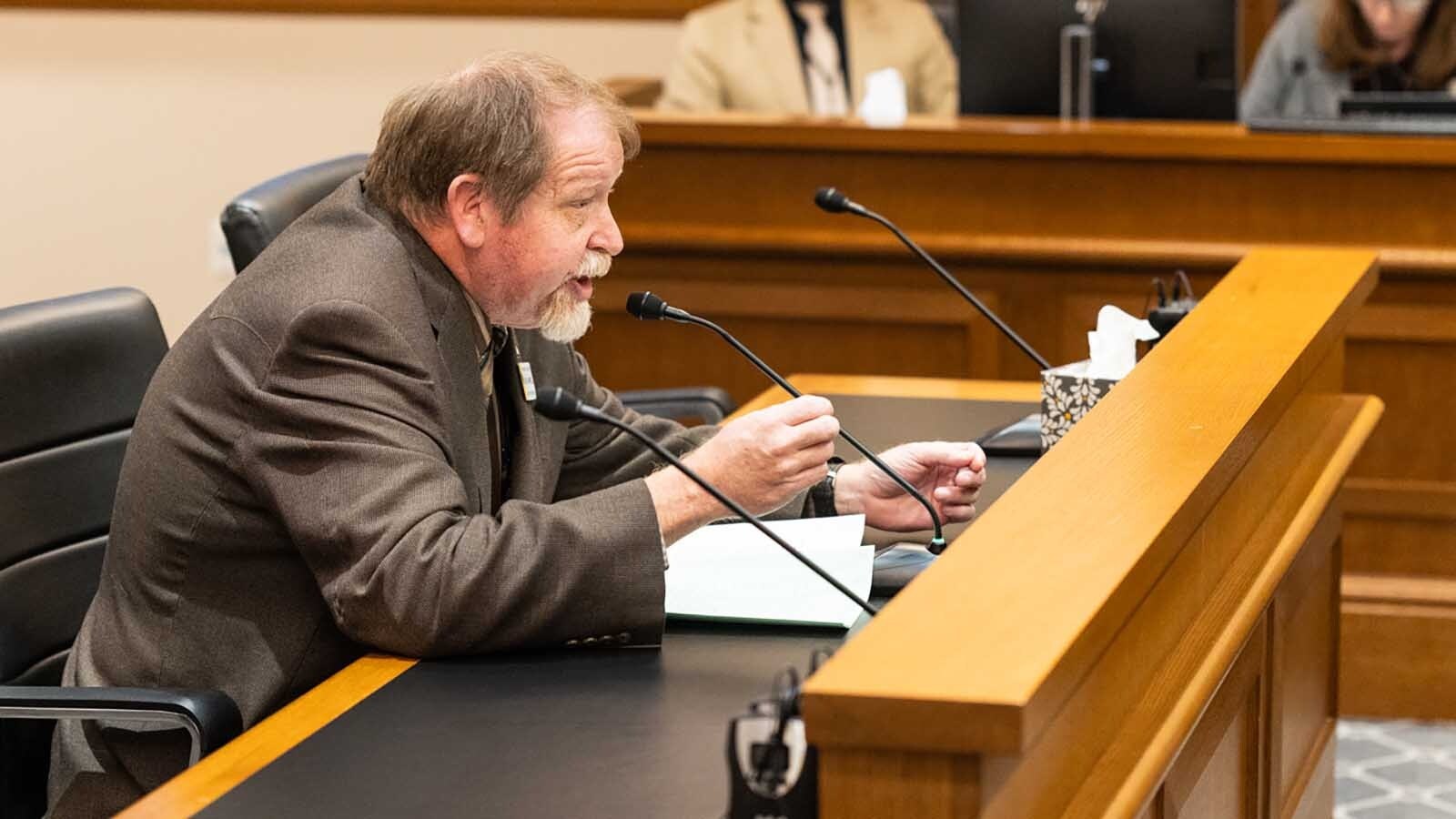A bill that would keep property tax assessments with the state – instead of counties – passed unanimously out of the Wyoming Legislature’s House Corporations, Elections and Political Subdivisions Committee on Friday.
But House Bill 3 didn’t move forward without debate.
“It’s a contentious issue with industry, our state government and our county assessors,” said Rep. Dan Zwonitzer, R-Cheyenne, who provided background on the bill.
Statutory Authority
Most wind farms in Wyoming are independent power producers, meaning they are not owned by rate-regulated public utilities.
The state has been assessing property taxes of IPP-owned wind farms for about 15 years, Wyoming Department of Revenue Director Brenda Henson explained.
In 2021, after Gov. Mark Gordon appointed Henson as director of the department, it was noticed that no actual statutory authority existed for the state to do the assessments.
The department approached the Legislature before the 2022 session and requested it pass a bill to grant that authority to the state, but it failed.
Henson testified Friday that the question wasn’t about whether the state is more capable of doing the assessments. All the department was seeking was a policy that clearly grants the state authority to do them.
Local Assessors
While the state wants to keep assessing the independent wind farms, counties say that’s their jurisdiction.
Converse County Assessor Dixie Huxtable explained that county assessors want to handle the assessments of these IPPs.
She began questioning the methodology the DOR was using for its assessments, which is confidential, when she noticed that property tax estimates wind farm developers were giving as part of their industrial siting applications with the Wyoming Department of Environmental Quality were far higher than what the actual property taxes paid after they were in operation.
These high estimates were selling points for counties when they were considering their own approvals of projects.
County assessors already handle assessments of other industrial operations, Huxtable said, such as refineries and coal mines. They argue that counties should be assessing wind farms as well.
“We believe that the local assessor is the appropriate place for them to be valued based on their characteristics, their locations and how they’re created,” Huxtable said.
Third-Party Firms
After the 2022 effort failed, counties started doing their own assessments. They hired a third-party consultant to help with, a point the committee scrutinized.
Rep. Jared Olsen, R-Cheyenne, chairs of the committee and asked if the DOR pays for a third-party firm as counties do.
Henson explained that the state handles assessments for industries that cross county lines, such as airlines and railroads, and they don’t need to hire third-party firms to assess IPPs.
“It’s what we do. We’re tax professionals,” Henson said.
Rep. Sandy Newsome, R-Cody, asked Huxtable if the value the consultants brought justified their fee.
Huxtable said she hadn’t done an analysis to be certain, but the assessments from third-party firms were higher than those done in-house.
Huxtable also said she suspects in-house assessments were undervaluing the properties.
Industry Support
Industry representatives spoke in support of the bill and keeping assessment authority with the state, arguing it maintains a stable, uniform, predictable tax environment that is appealing for the industry.
Chris Brown, executive director of Powering Up Wyoming, a renewable energy advocacy group, said that wind farm developers will give preference to states that assess at the state level, as local assessments are usually higher and result in more appeals.
Ashley Harpstreith, executive director of the Wyoming Taxpayer Association, said her organization also supports the bill because it creates an equitable assessment structure when one entity handles the assessments.
Cindy DeLancy, president of the Wyoming Business Alliance, said the stability that comes from having a single entity handling the assessments creates predictability that business favors.
Angela Pitale, representing NextEra, a wind energy company, said local assessments result in more appeals and costly litigation.
Bill Moves Forward
Ultimately, the committee members favored state-level assessments of IPPs and voted to move HB 3 to the House floor.
Should the bill in its current form be passed by the full Legislature and signed by the governor, counties would still handle assessments wind farms through Jan. 1, 2024.





